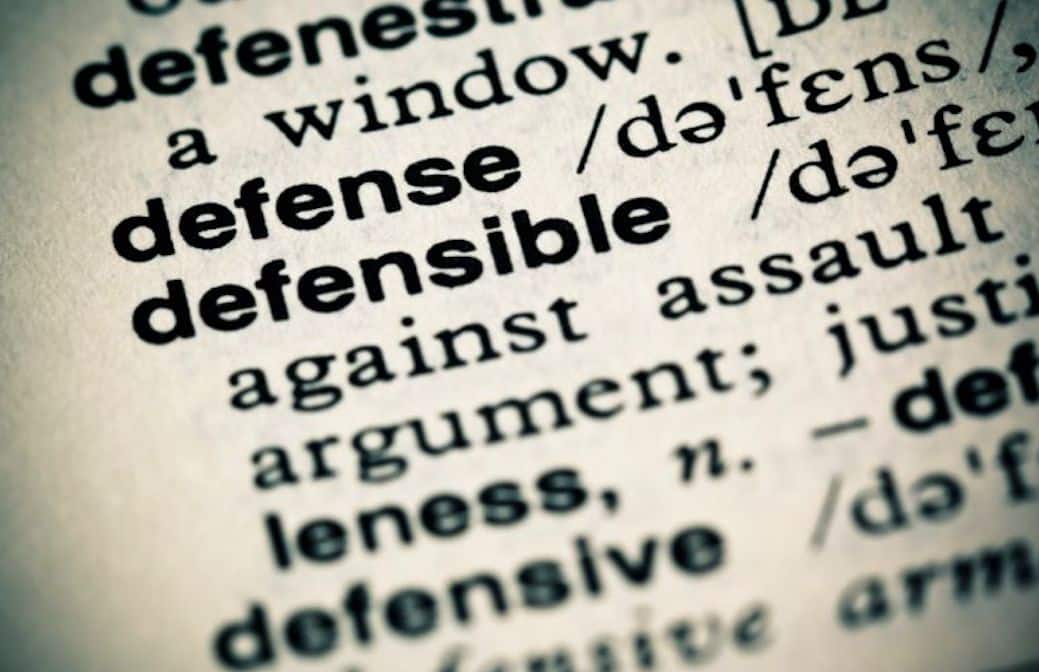The insanity defense is a legal strategy used in criminal cases by defendants who claim they were not legally responsible for their actions due to mental illness or defect.
In Texas, the insanity defense is a complex legal concept often misunderstood. In this blog post, we’ll explore what the Texas insanity defense and how it works.
What Is the Insanity Defense in Texas?
The insanity defense in Texas is governed by the Texas Penal Code. According to the code, a defendant can be found not guilty by reason of insanity if, at the time of the offense, they had a severe mental illness or defect that prevented them from understanding that their actions were wrong.
The code defines a severe mental illness or defect as a condition that substantially impairs a person’s ability to:
- Understand the nature of their conduct
- Conform their conduct to the requirements of the law
- Appreciate the wrongfulness of their conduct
To successfully use the insanity defense in Texas, the defendant must prove that they had a severe mental illness or defect at the time of the offense. This is typically done through the testimony of mental health experts, who can provide evidence of the defendant’s mental state at the time of the offense.
How Does the Insanity Defense Work in Texas?
If a defendant in Texas wishes to use the insanity defense, they must notify the court and the prosecution in writing at least 20 days before trial. The court will then appoint a qualified mental health expert to evaluate the defendant and provide a report to the court.
At trial, the defendant’s attorney can present evidence of the defendant’s mental illness or defect, including testimony from mental health experts. The prosecution can also present evidence to challenge the defendant’s claims.
If the jury finds that the defendant had a severe mental illness or defect at the time of the offense and that this condition prevented them from understanding that their actions were wrong, they can be found not guilty because of insanity. However, this does not mean that the defendant is immediately released. Instead, they may be ordered to undergo treatment in a mental health facility until they are no longer a danger to themselves or others.
It’s important to note that the insanity defense is rarely used and is difficult to prove. Even if a defendant is found not guilty because of insanity, they may still face involuntary commitment to a mental health facility, and their freedom may be restricted indefinitely.
Often misunderstood, an insanity defense strategy should be utilized only when there is both viable and credible evidence that the defendant was not legally responsible for their actions due to mental illness or defect. The defendant must carry the burden of showing thatf they had a severe mental illness or defect during the offense that prevented them from understanding that their actions were wrong.
While the insanity defense is rarely used and is difficult to establish, it can be an important legal strategy for defendants struggling with mental health issues.
If you or a loved one is facing criminal charges and may have a mental illness or defect, it’s important to consult with an experienced criminal defense attorney who can advise you on your legal options.





